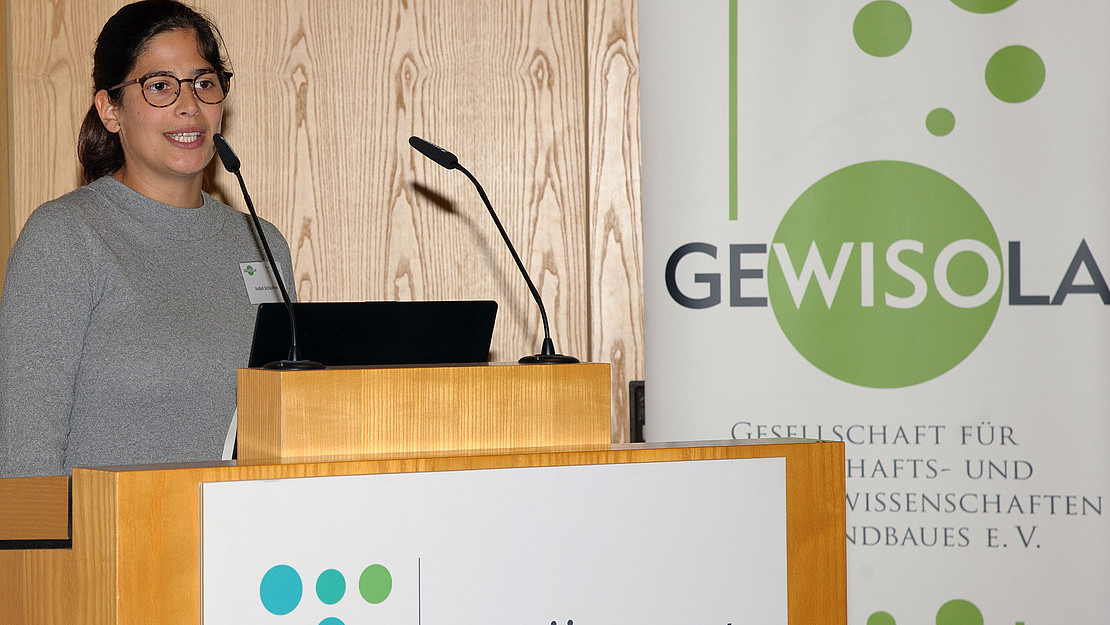This page contains automatically translated content.
Preach organic wine and buy conventional wine
 Image: Thünen Institute/Christina Waitkus.
Image: Thünen Institute/Christina Waitkus.The starting point of the work is the "attitude-behavior gap": in surveys, for example, consumers express very positive attitudes and purchase intentions towards organic products, but these currently only account for just under 6% of total food sales. This gap is often explained by the fact that consumers in surveys tend to report expectations of themselves or expectations of their social environment regarding their purchasing behavior rather than their actual purchases. Whether this is also true for organic wine was the goal of the now award-winning doctoral thesis. It also identified factors that prevent consumers from reaching for organic wine when shopping.
Schäufele's dissertation is the first study to analyze consumer behavior for organic wines using real purchase data. She used data on the actual purchases of German private households, which are continuously recorded by the Gesellschaft für Konsumforschung (GfK). This unique data set includes the purchasing behavior of 30,000 German households as well as their attitudes and sociodemographic data.
Schäufele found that for low-income consumers, the higher price of organic wine is a barrier to purchase. For middle- and higher-income consumers, on the other hand, low availability and choice in mainstream shopping outlets were key factors in the fact that, to date, there is only a small buyer base (12% of wine consumers) and a low spending share on organic wine (5%).
"I am very pleased and proud that my work has been recognized by GEWISOLA. The award recognizes the contribution that the results make to a future marketing strategy for organic wine," Schäufele is pleased to say.
The investigation of the extent and reasons for the "attitude-behavior gap" are of high scientific and practical value, as the work allows conclusions to be drawn for the quality and interpretation of survey data and enables conclusions to be drawn for better market development. The scientific relevance of the work is further demonstrated by the publication of four internationally frequently cited articles in highly respected scientific journals and several scientific presentations at international conferences. Through further publications in practice-oriented journals and presentations to wine industry stakeholders, the work has contributed to identifying ways to increase the share of sales for organic wine.
Schäufele studied wine business administration in Heilbronn and holds a master's degree in food economics from the University of Giessen. She wrote her dissertation ("Factors influencing the purchase behavior of consumers for organic wine: An analysis of household panel data") at the Department of Agricultural and Food Marketing at the University of Kassel in Witzenhausen under Prof. Dr. Ulrich Hamm as part of the research project "Demand Analysis Organic Wine," which was financially supported by the "Federal Program for Organic Agriculture and Other Forms of Sustainable Agriculture."
Contact:
Markus Zens
University of Kassel
Communications, Press and Public Relations
Tel.: +49 561 804-1961
E-mail: presse[at]uni-kassel[dot]de
www.uni-kassel.de